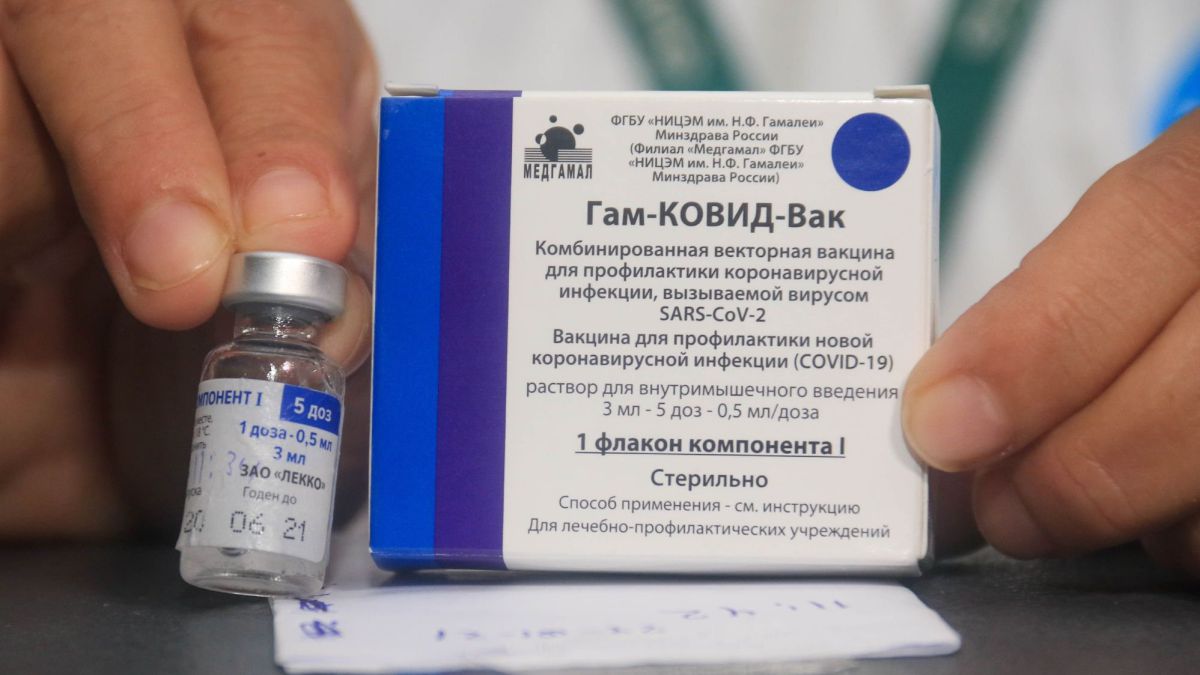The Russian vaccine against coronavirus, known as Sputnik-V, has reached 92% effectiveness in a study published by the scientific journal The Lancet. The vaccine is currently registered in 16 countries and a few days ago Russia offered 100 million doses to the European Union.
The study, financed by the Russian Fund for Direct Investment, included the participation of 21,977 people who were randomly distributed between the vaccine group (75%) or the placebo group (25%). On the day the second dose of the vaccine was distributed, 16 people in the vaccine group and 62 in the placebo group had been infected with COVID-19, so the efficacy of vaccination was established at 91.6%.
According to the researchers, the results point to the appearance of a protective effect between 16 and 18 days after the administration of the first dose, despite the fact that the study had been designed to analyze the efficacy of the vaccine after two doses.
British experts Ian Jones (University of Reading) and Polly Roy (London School of Hygiene & Tropical Medicine have stated that the result presented in the study “is clear and the scientific principle of vaccination is demonstrated”, so “this means that another vaccine can now join the fight to reduce the incidence of COVID-19.”
Among the adverse effects, only 45 of the more than 16,000 people who received the vaccine had serious effects, which were considered unrelated to the administration of the vaccine. During the study, there were four deaths (three in the vaccine group). Two of them for COVID-19. According to the study, these occurred due to pre-existing cardiovascular and endocrine conditions. The study will continue to reach 40,000 participants, according to the researchers.
More than 2 million doses administered
According to the study, as of January 23, 2021, more than 2 million doses of the Sputnik-V vaccine had been administered in Russia in risk population, medical workers and teachers. In addition, different clinical trials are being implemented in countries such as Belarus, United Arab Emirates and India.
The Russian vaccine is given with two doses of two different types of human cold adenovirus, although modified with COVID-19 genes with a space of 21 days between both doses, according to El País. The AstraZeneca vaccine also uses adenovirus, but in this case, the common cold of chimpanzees.

